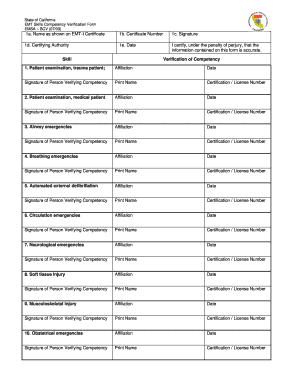- The Dialectical Behavior Therapy Skills Workbook: Practical DBT Exercises for Learning Mindfulness, Interpersonal Effectiveness, Emotion Regulation and Distress Tolerance, 2010, 437 pages, Matthew McKay, Jeffrey C. Wood, Jeffrey Brantley.
- All content in this area was uploaded by Kim Bullock on Sep 22, 2015. A preview of the PDF is not available. Citations (12) References (16). Dialectical behavior therapy skills training (DBT.

Dialectical Behavior Therapy (DBT) focuses on teaching people strategies to help them live their best and most productive life. DBT is often used to help people with depression, anxiety, borderline personality disorders, addictions, eating disorder, and PTSD.

There are four core skill sets that you master to help you problem solve and deal with issues:
The use of dialectical behavior therapy skills training as stand-alone treatment: A systematic review of the treatment outcome literature. Journal of Clinical Psychology. Jan 2015;71(1):1-20.
Dialectical Behavior Therapy (DBT) focuses on teaching people strategies to help them live their best and most productive life. DBT is often used to help people with depression, anxiety, borderline personality disorders, addictions, eating disorder, and PTSD.
There are four core skill sets that you master to help you problem solve and deal with issues:
The use of dialectical behavior therapy skills training as stand-alone treatment: A systematic review of the treatment outcome literature. Journal of Clinical Psychology. Jan 2015;71(1):1-20.
Training Courses Dialectical Behavior Therapy
- Mindfulness - the core skill in DBT is being able to non-judgmentally observe yourself and your surroundings. You will become more aware of the physical and mental triggers that cause runaway emotions.
- Distress Tolerance - deal with painful situations. When you can't change the situation, learn how to tolerate it, accept it, and move forward.
- Emotion Regulation - learning to make your emotions work for you. Learn to recognize when an emotion is unproductive and change it into a more productive emotion.
- Interpersonal Skills - change the way you communicate so you get more out of your relationships. Learn to communicate what you want. Become comfortable saying no.

